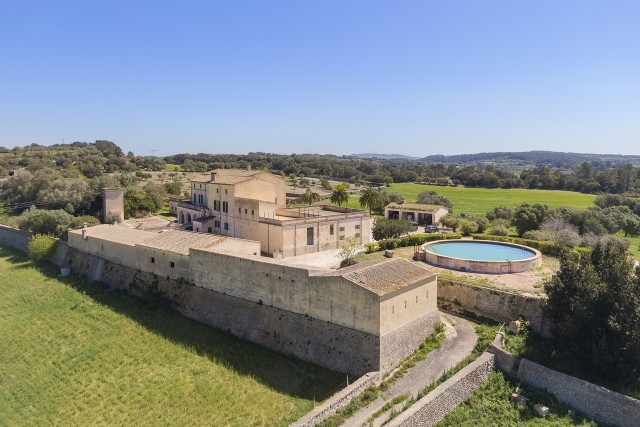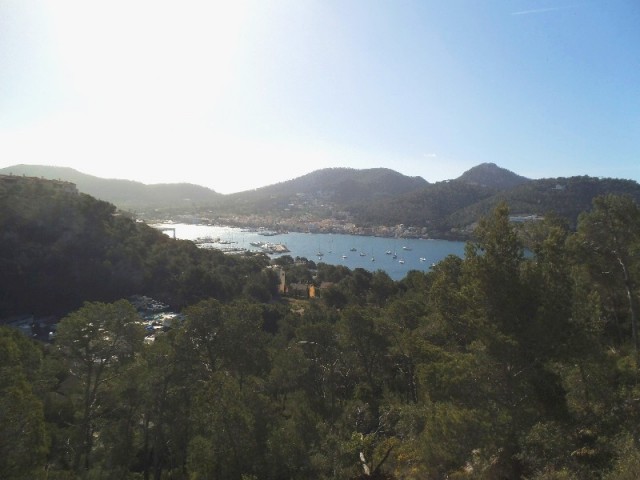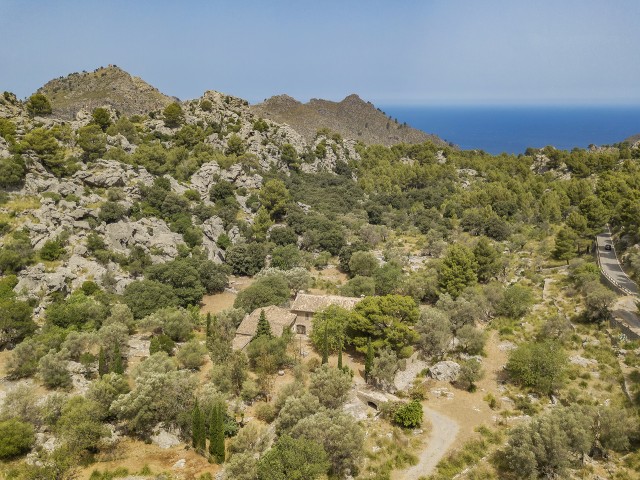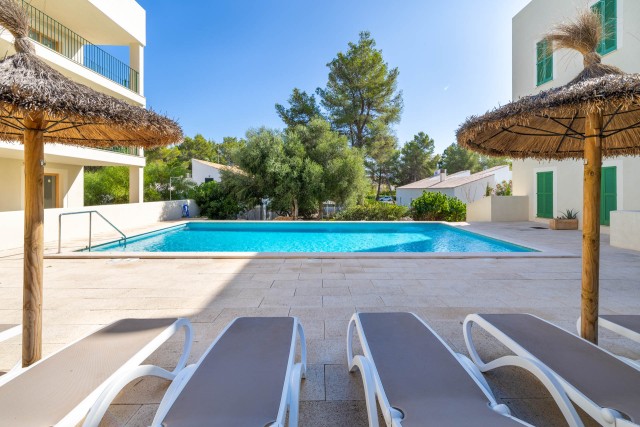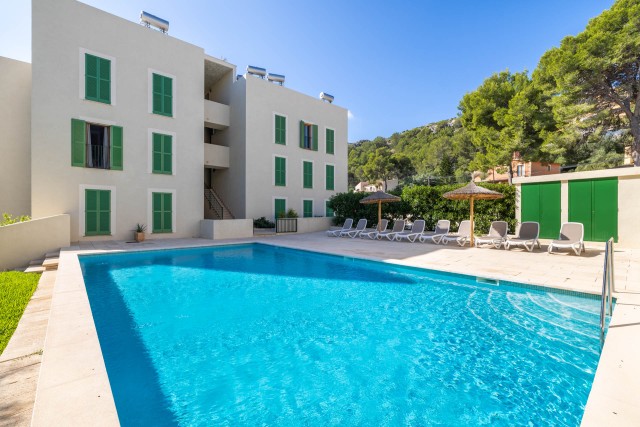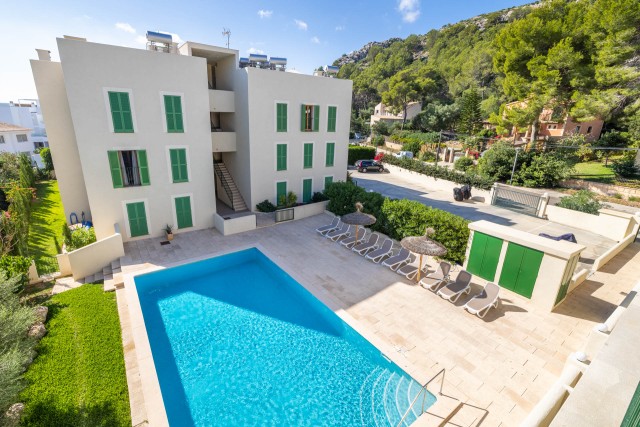Buying Property in Mallorca: A Step-by-Step Guide (2025)
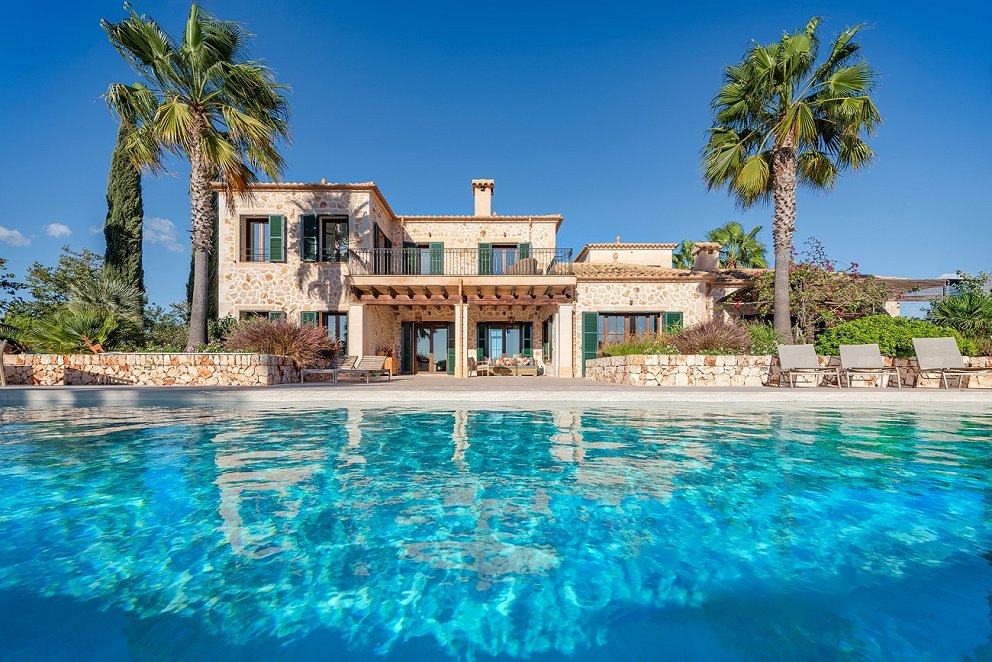
Purchasing property in Mallorca is an exciting opportunity, but the process can be complex, especially for non-residents. This guide provides a clear roadmap to help you navigate every stage of buying real estate on this stunning Spanish island.
1. Define Your Budget
Total Costs: Beyond the property’s price, consider additional expenses like taxes, legal and notary fees, and potential renovations. Taxes alone range from 8% to 10% of the purchase price, with legal and notary fees adding another 2-3%. If renovations are planned, allocate an extra 10-20% for unforeseen costs.
Mortgage Options: Spanish banks typically finance up to 70% for non-residents. It’s crucial to explore the best rates and terms. Some banks offer better conditions if you open an account or use their financial services. Consulting a financial advisor can help secure the best deal.
2. Legal Requirements
Non-Resident Property Ownership: International buyers need a NIE (Número de Identificación de Extranjero)—a tax ID required for transactions. You can obtain it through a Spanish consulate or in Spain, and the process usually takes a few weeks.
If you don’t have an NIE number, the Spanish tax authorities won’t be able to process annual tax payments, including income tax (IRPF) and the annual wealth tax (Patrimonio), which are mandatory for both
Title Verification: Ensure the property has a clear title deed with no debts or legal issues. A Nota Simple from the Spanish Land Registry provides a summary of the property’s status. Have a lawyer review it to avoid hidden complications.
Propety Lawyers provides a trusted directory of top legal professionals in Spain:
3. Hire a Property Lawyer
A real estate lawyer (abogado) is highly recommended to:
- Verify legal documents and ownership status.
- Ensure no outstanding debts or encumbrances.
- Oversee the transaction process and registration.
- A notary is also required for the final signing of the deed, ensuring legal compliance and registration.
4. Making an Offer & Negotiation
- Reservation Agreement: Secure the property by signing a contract and paying a deposit while due diligence is completed.
- Negotiation: Prices can often be negotiated, especially if the property has been on the market for some time.
- Pre-Contract (Contrato de Arras): This binding agreement requires a 10% deposit, outlining the sale terms and timeline.
5. Taxes & Fees
- Property Transfer Tax (ITP): 8-10% for resale properties.
- VAT (IVA): 10% for new builds + 1.5% stamp duty.
- Notary & Registration Fees: Typically 1-2% of the purchase price.
- Legal Fees: Around 1-1.5% of the property value.
6. Finalizing the Purchase
Final Contract (Escritura Pública): Signed before a notary, confirming the sale and transferring ownership upon payment.
Land Registry Update: The property is officially registered under your name.
7. Post-Purchase Considerations
- Utilities & Maintenance: Set up water, electricity, and internet services.
- Residency: If staying over 90 days, apply for residency based on EU/non-EU status.
- Tax Responsibilities: Be aware of income and capital gains taxes, especially if renting or selling.
- By following these steps, you’ll be well-prepared to purchase property in Mallorca smoothly and confidently.

